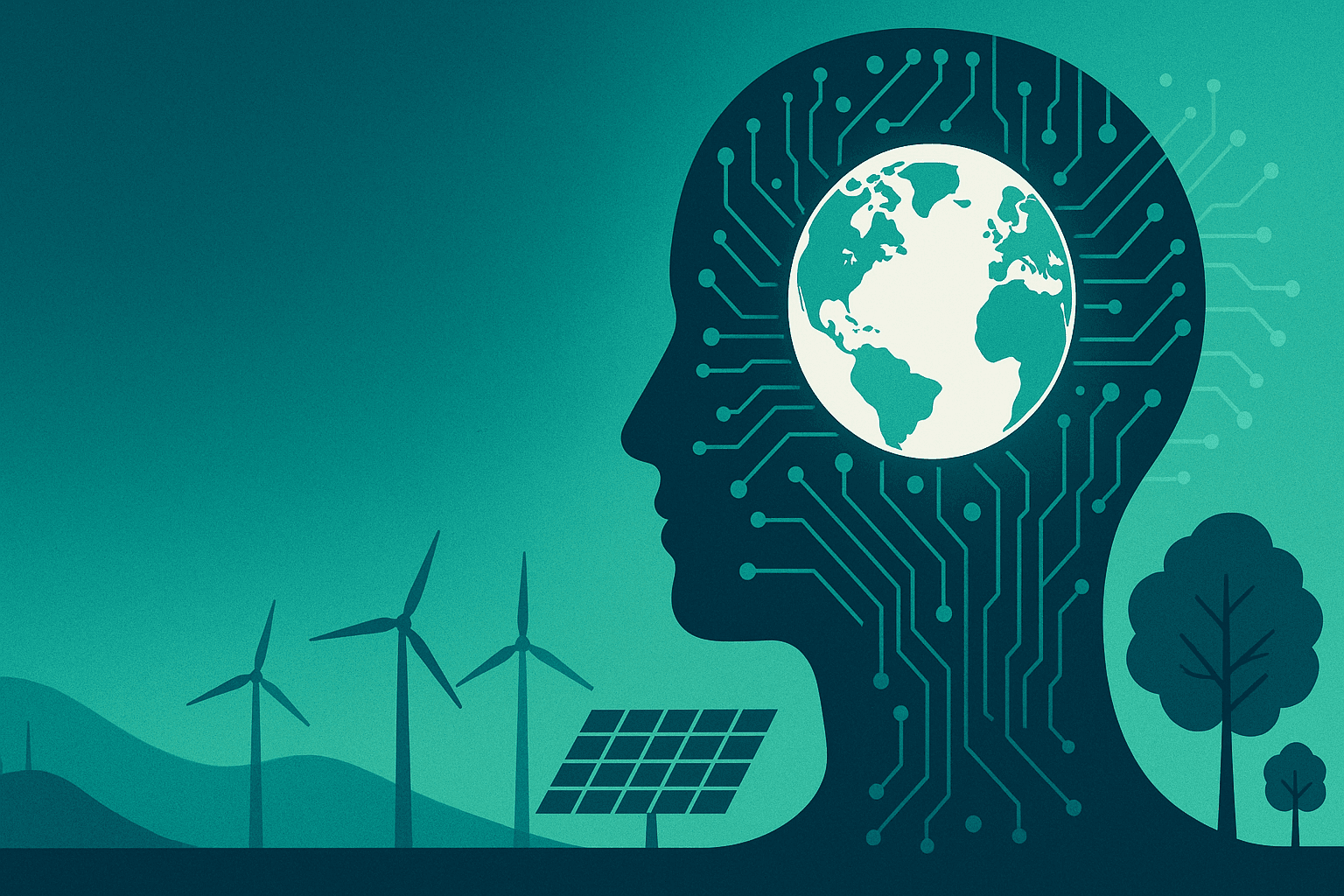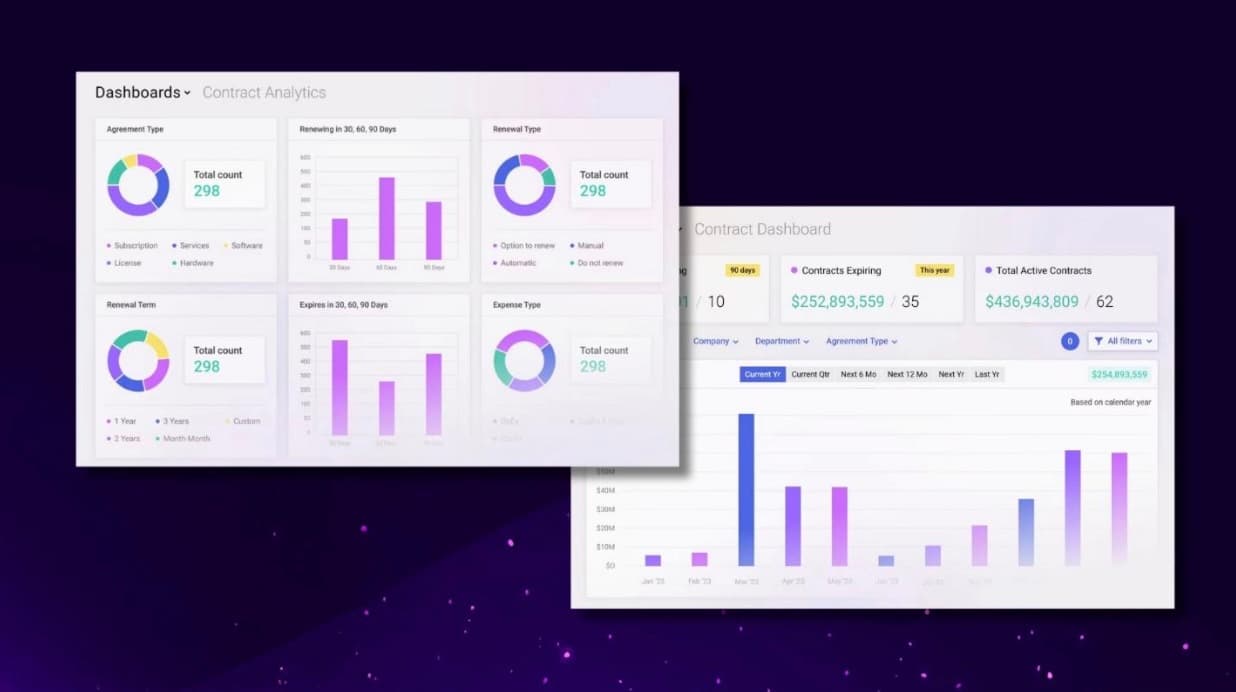Reimagining climate action at scale, through intelligent systems, ethical choices, and fair leadership.
Abstract
As climate challenges grow more urgent, artificial intelligence (AI) offers transformative potential to accelerate solutions across energy, agriculture, and infrastructure. This article explores how leaders can use AI as a climate multiplier while managing its environmental trade-offs, scaling innovations responsibly, and ensuring equitable access to AI-driven adaptation tools. The path forward requires not just smarter models—but a smarter kind of leadership.
AI as a Climate Multiplier
Across sectors: energy, agriculture, and transportation, AI is already demonstrating its ability to drive change. Intelligent systems can forecast energy supply and demand to reduce reliance on fossil fuels. Precision agriculture models help optimize irrigation and fertilization, preserving resources while improving food security. AI-driven logistics can reduce transportation emissions by streamlining delivery routes and warehouse operations.
Yet, AI’s true value emerges when we connect these solutions through system-level intelligence. Climate systems don’t exist in isolation—and neither should the data we use to address them. AI can integrate insights from weather, crop yield, consumer demand, and emissions data to simulate interdependencies and surface system-wide interventions that human-led modeling may miss.
Barriers to Scale: From Pilot to Planetary
Despite growing momentum, many AI-for-climate initiatives remain fragmented or experimental—trapped in “pilot purgatory.” While technical feasibility is improving rapidly, implementation and scalability lag behind.
The core challenges include:
Lack of standardized data infrastructure, especially in regions without digitized environmental or economic records.
Limited cross-sector alignment between technologists, policy makers, and sustainability leaders.
Insufficient governance frameworks that define how, where, and why AI should be used for climate-related applications.
This leads us to a critical leadership question:
“How do we move from proof-of-concept to proof-of-impact?”
It’s not enough for a solution to work in a sandbox—it must scale ethically, adapt locally, and deliver measurable benefits across diverse geographies and systems.
Energy Paradox: The Environmental Cost of AI
Amidst the momentum around large AI models, there’s a growing ethical concern: AI’s own carbon footprint. Training large-scale models—particularly generative and foundation models—requires immense computational power and energy, which can offset or even outweigh their intended climate benefits.
This brings us to a second key question every AI leader must ask:
“Should this model consume this much energy—and is there a leaner, more efficient alternative?”
This isn’t just about model optimization—it’s about stewardship. Leaders must adopt Green AI principles, such as:
Prioritizing model efficiency over parameter scale
Running compute-heavy jobs in renewables-powered regions
Designing with energy audits and lifecycle sustainability KPIs in mind
Not every AI advancement is worth the energy it takes. Smart leadership means knowing when to innovate, and when to optimize.
Adaptation and Resilience: The Untapped Potential
While mitigation dominates most climate discussions, adaptation is where AI may offer the most direct human benefit—particularly for countries and communities on the frontlines of climate vulnerability.
Predictive models can anticipate extreme weather events, simulate flooding or drought scenarios, and identify infrastructure risks in advance. Geospatial AI can support land use planning, sustainable agriculture, and deforestation monitoring. NLP models can bridge communication barriers in emergency response systems.
However, these tools are often inaccessible or unusable in many parts of the Global South due to:
Sparse, poor-quality, or non-existent data
Low compute availability
Lack of digital literacy and AI capacity-building
Minimal localization in language, culture, and relevance
To unlock adaptation at scale, we must address three structural challenges:
Infrastructure Gaps
Representation Biases
Capacity Building
The Leadership Imperative: From Smart to Wise
AI, like all powerful technologies, is neutral until directed. In climate contexts, it can amplify both progress and problems depending on how it’s governed.
Leadership today must go beyond innovation—toward stewardship, accountability, and systemic thinking. This means:
Replacing siloed AI initiatives with holistic ecosystems that embed sustainability from design to deployment.
Creating equitable frameworks for AI development that elevate diverse voices and climate justice advocates.
Setting ethical guidelines and risk thresholds for AI experimentation in sensitive ecological domains.
Making impact measurement a first-class priority—not just in emissions reduction, but in societal well-being and resilience.
Executive Recommendations - To guide responsible acceleration, senior leaders should:
Adopt Green AI Practices
Strengthen AI Climate Governance
Invest in Local AI Ecosystems
Bridge AI and Climate Strategy
Create Multi-Sector Partnerships
Model Systems Thinking
Final Thoughts: Lead Boldly, Lead Fairly
We’re at a pivotal moment. AI is no longer a far-off idea, it’s shaping policy, climate science, public health, and planetary economics in real time. But speed alone cannot be our north star.
If we deploy AI without a collaborative governance, we risk deepening the divides that climate change already worsens. If we measure success only by carbon metrics, we risk ignoring human well-being. If we rely on generic tools to solve complex regional challenges, we lose the nuance that makes solutions work. The path forward must be:
Participatory, not extractive
FDistributed, not centralized
Transparent, not opaque
Sustainable, not shortsighted
We don’t need to wait for another breakthrough. We need to scale what works, challenge what doesn’t, and lead with humility and urgency.
Let’s not just build intelligent systems. Let’s lead an intelligent transformation, rooted in justice, driven by impact, and sustained by global cooperation.




